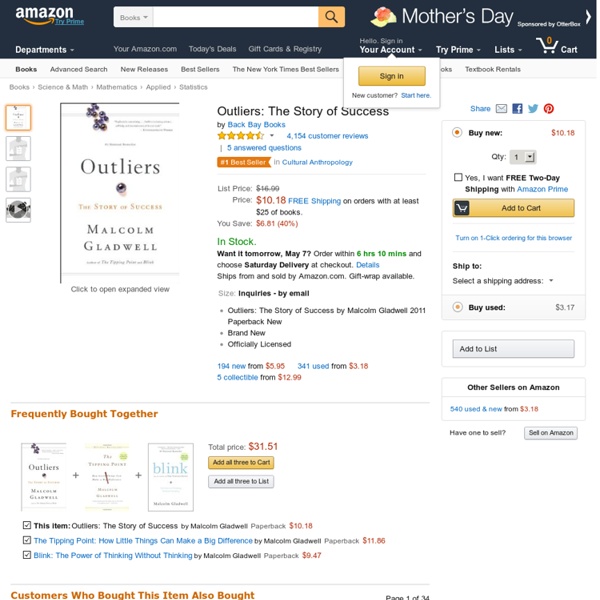



The user illusion: cutting ... National Association of Colored Women's Clubs (NACWC) iBrain: Surviving the Technological Alteration of the Modern Mind (9780061340338): Gary Small, Gigi Vorgan National Association of Colored Women National Association of Colored Women's Clubs Emblem The National Association of Colored Women Clubs (NACWC) was established in Washington, D.C., USA, by the merger in 1896 of the National Federation of African-American Women, the Women's Era Club of Boston, and the National League of Colored Women of Washington, DC, as well as smaller organizations that had arisen from the African-American women's club movement. Founders of the NACWC included Harriet Tubman, Margaret Murray Washington,[1] Frances E.W. Harper, Ida Bell Wells-Barnett, and Mary Church Terrell. Its two leading members were Josephine Ruffin and Mary Church Terrell. During the next ten years, the NACWC became involved in campaigns in favor of women's suffrage and against lynching and Jim Crow laws. The National Association of Colored Women was the most prominent organization formed during the Black Women’s Movement. Born on August 31, 1842 in Boston, Josephine St. After her husband died in 1886, Josephine St. Presidents[edit]
The Book: Playing the Percentages in Baseball eBook: Tom M. Tango, Mitchel Lichtman, Andrew Dolphin, Pete Palmer | The Black Past: Remembered and Reclaimed Bad Science (9780007240197): Ben Goldacre Supreme Court Weighs Future Of Voting Rights Act hide captionThe Supreme Court on Wednesday weighs the future of a key provision of the landmark Voting Rights Act. Carolyn Kaster/AP The Supreme Court on Wednesday weighs the future of a key provision of the landmark Voting Rights Act. Once again, race is front and center at the U.S. The provision at issue in Wednesday's case applies only to specific parts of the country where discriminatory voting procedures were once rampant. Congress came up with the formula in 1965 to cover areas of the country that had a history of blatant, even violent discrimination in voting; but the formula has not been changed since 1975, and it still relies on election data from 1972. Congressional Action The congressional vote in 2006 was overwhelmingly and astonishingly bipartisan, with the Senate voting unanimously to extend the law and the House voting 390-33. Under the law, any jurisdiction with a clean record for 10 years could bail out, and some have done just that. That prompted a legal challenge.